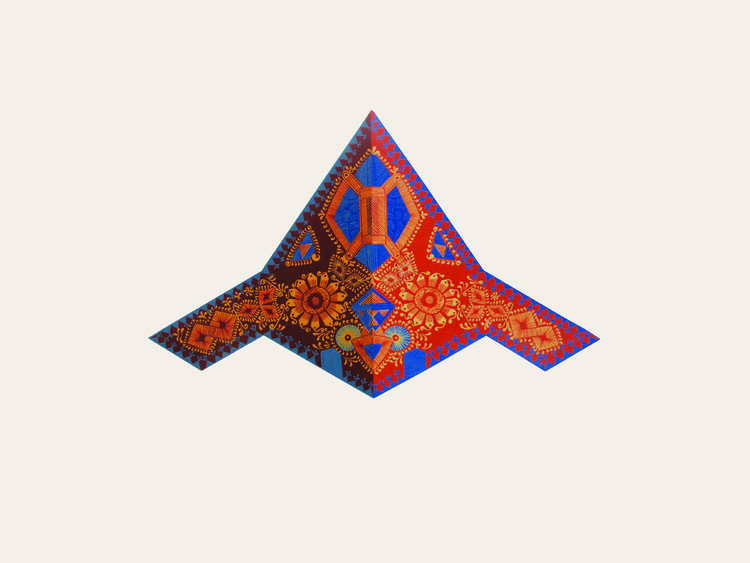CAMRA 2021 online workshop
Friday 26 February 2021 9.30am – 5pm (AEDT)
Registrations are now open for the online workshop CAMRA 2021: a snapshot of community and alternative media research in Australia
This online workshop will showcase, connect and encourage research on community and alternative media in Australia
Topics include: the emotional labour of minorities in community media; Indigenous Storywork; community media and the politics of listening; climate change communication; radical advocacy journalism; community media destinations; refugee media; community development in the Pacific; local significance in community radio; music and community radio and more.
Presenters include: Heather Anderson (Griffith), Charlotte Bedford (Adelaide), John Budarick (Adelaide), Tanja Dreher (UNSW), Kerrie Foxwell-Norton, Anne Leitch, Bridget Backhaus (Griffith), Nicola Joseph (UNSW), Diana Kreemers (UNSW), Rochelle Lade (Swinburne), Michelle O’Connor (CSU), Poppy de Souza (UNSW), Christina Spurgeon (QUT), John Tebbutt (RMIT), Verena Thomas (QUT), and more to be confirmed.
A full, detailed Program will be available shortly
To register for CAMRA2021, please click here: CAMRA 2021: a snapshot of community and alternative media research in Australia, Hosted online, 26th of February | Humanitix
Community and Alternative Media Research Australia (CAMRA) is an informal network of researchers and practitioners working in academia and in media, with a focus on research, advocacy and activism for community and alternative media in Australia.
For further information on CAMRA, or to join the low volume email list, please email: CAMRA2021@groups.griffith.edu.au
CAMRA 2021 is convened by Tanja Dreher (Media Futures Hub, UNSW), Heather Anderson and Bridget Backhaus (Griffith Centre for Social and Cultural Research, Griffith University)









